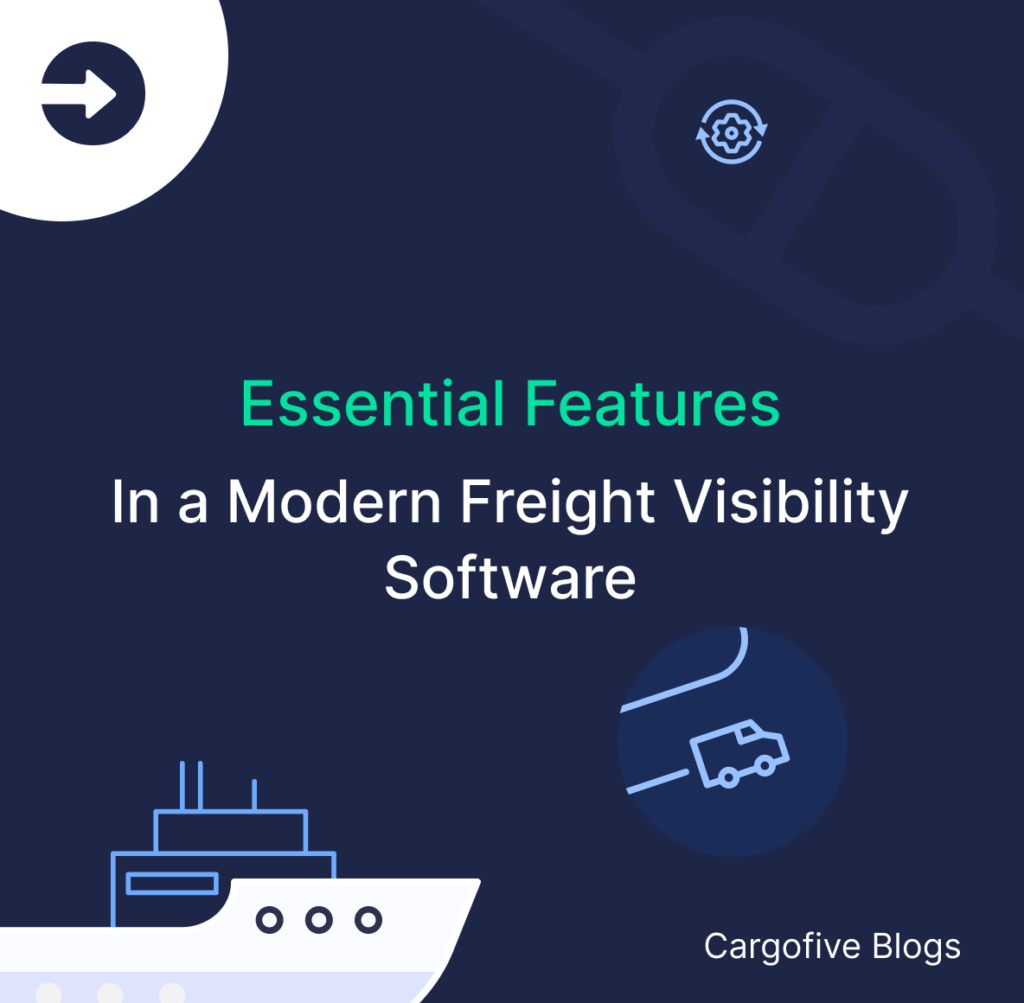The Impact of the Red Sea Conflict on Global Logistics
The Red Sea, a crucial maritime route, has been a focal point of geopolitical tensions, impacting global shipping and logistics operations. The conflict has led to increased security concerns, rerouting of cargo, and potential delays. However, in an unexpected twist, these disruptions have somewhat alleviated the usual congestion faced during the Lunar New Year period in key Asian ports. This situation, while easing certain pressures, has introduced new variables that freight forwarders must navigate.
Lunar New Year: A Season of Logistical Hurdles
The Lunar New Year, a significant holiday in many Asian countries, traditionally brings a slowdown in production and shipping activities. Manufacturers rush to ship orders before the holiday, leading to a surge in demand for freight services. This seasonal spike often results in capacity constraints, increased freight rates, and longer transit times.
Cargofive: A Digital Solution for Complex Times
Cargofive emerges as a beacon of efficiency in these tumultuous times. With its state-of-the-art digital platform, Cargofive offers a suite of tools that empower freight forwarders to manage these complexities effectively. The platform’s API integration with major carriers provides real-time insights into maritime freight rates, a crucial factor during periods of fluctuating demand.
Real-Time Rate Management
One of the core strengths of Cargofive is its sophisticated data processing engine, which allows freight forwarders to access and manage contract rates efficiently. During the Lunar New Year, when freight rates are volatile, having access to up-to-date rate information is invaluable. Cargofive’s platform enables users to quickly compare rates across carriers, ensuring that they can secure the most cost-effective options for their clients.
Capacity Planning and Optimization
Another significant challenge during the Lunar New Year is capacity planning. Cargofive’s platform aids freight forwarders in forecasting demand and planning capacity accordingly. With advanced analytics, forwarders can anticipate potential bottlenecks and make informed decisions about cargo consolidation and routing, thereby reducing the risk of delays and additional costs.
Navigating the Red Sea Conflict
In the context of the Red Sea conflict, Cargofive’s platform becomes even more critical. The platform’s ability to provide alternate routing options and up-to-date information on transit times helps freight forwarders mitigate the risks associated with the conflict. By leveraging Cargofive’s technology, forwarders can reroute shipments away from conflict zones, minimizing disruptions and ensuring timely delivery.
Enhanced Customer Communication
Communication with clients is key, especially during periods of uncertainty. Cargofive’s platform includes features that facilitate transparent and efficient communication between freight forwarders and their clients. Real-time tracking and automated updates keep clients informed about the status of their shipments, building trust and enhancing customer satisfaction.
A Case Study: Streamlining Operations During Peak Season
To illustrate the impact of Cargofive, consider the case of a mid-sized freight forwarding company facing the dual challenges of the Lunar New Year and the Red Sea conflict. By utilizing Cargofive’s platform, the company was able to access real-time rate information, enabling them to offer competitive pricing to their clients. Additionally, the advanced routing options provided by the platform allowed them to circumvent congested ports and conflict zones, ensuring on-time delivery of shipments.
Looking Ahead: The Future of Freight Forwarding
As the logistics industry continues to evolve, the role of digital solutions like Cargofive becomes increasingly vital. The ability to adapt quickly to changing circumstances, whether it be a seasonal surge in demand or unforeseen geopolitical events, is essential for success in the freight forwarding industry.
The logistics world is one of constant change and adaptation. As we move forward, the integration of digital solutions like Cargofive will undoubtedly become more entrenched in the fabric of global freight forwarding, paving the way for a more resilient and efficient future in logistics management.
AUTHOR



